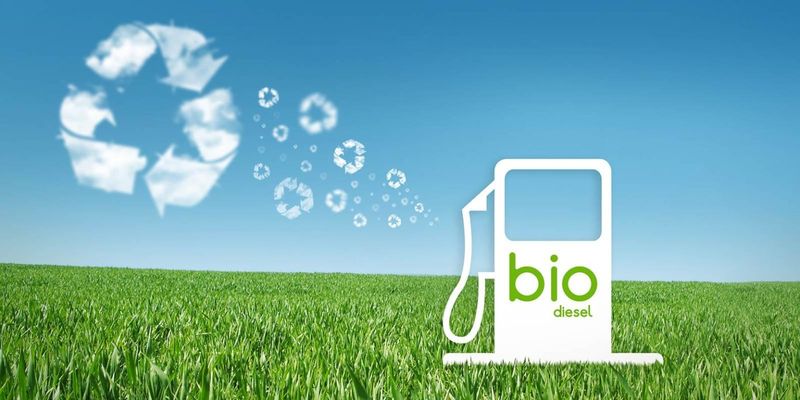Indonesia’s B50 mandate could boost palm oil demand by 3mil tonnes: CIMB Securities

Domestic palm oil consumption in Indonesia could surge by about three million tonnes should the government implement its B50 biodiesel mandate, CIMB Securities Sdn Bhd said.
The firm noted that this potential increase accounts for about 6.2 per cent of Indonesia’s estimated 2024 crude palm oil (CPO) production of 48.2 million tonnes, based on figures from the Indonesian Palm Oil Association (GAPKI).
“We believe that if Indonesia implements B50, it would be supportive of CPO prices in 2026, as the additional demand would likely offset any negative impact from the higher US import tariffs on palm oil (19 per cent for Indonesia and 25 per cent for Malaysia, effective Aug 1, 2025),” it added.
Eniya Listiani Dewi, director general of new and renewable energy at Indonesia’s Ministry of Energy and Mineral Resources, said the government is evaluating the feasibility of raising the biodiesel blend to 50 per cent under the B50 programme.
However, no firm decision has been made to implement B50 in 2025, as the government is still consulting experts and assessing feedstock availability and processing capacity. To support the potential rollout, the ministry indicated that five additional biodiesel plants will be needed, with three currently under construction.
CIMB Securities said it is positive on the implementation of B40 in Indonesia, which appears to be on track to meet its 2025 biodiesel target.
The firm said this is anticipated to boost Indonesia’s domestic palm oil consumption by two million tonnes and reduce its exportable surplus.
“We are also encouraged by the availability of funding for biodiesel subsidies. To recap, out of the 15.62 million kilolitres (kls) allocated, 7.55 million kls, or 48 per cent, is earmarked for public service obligation (PSO) sectors such as public transport and is fully subsidised.
“The remaining 8.07 million kls will be sold at market prices without subsidy, which explains why subsidised biodiesel consumption of 3.5 million kls is lower than total biodiesel consumption,” it noted.
CIMB Securities believes the potential implementation of B50 is a key factor to watch, as it could tighten palm oil exports from Indonesia in 2026.
“The Indonesian Biofuel Producers Association (APROBI) projects that B50 would raise annual biodiesel demand from 15.6 million kls (B40) to approximately 19 million kls, while the Indonesian Ministry of Energy similarly estimates a need for about 19.7 million kls of biodiesel to run B50.
“To achieve this, Indonesia will need to add new plants as current installed capacity stands at around 19.6 million kls,” it noted.
Meanwhile, CIMB Securities said Malaysia has set the August gazetted CPO price at RM3,864 per tonne, resulting in an increase in the CPO export tax to nine per cent compared to 8.5 per cent in July.
It added that the combination of a higher Malaysian export tax and the upcoming increase in US import duties from 10 per cent to 25 per cent could boost palm oil exports in July.
This could support CPO prices in the near term, the firm said.
“We maintain our average CPO price forecast of RM4,200 per tonne for 2025 and continue to favour IOI Corporation Bhd and Hap Seng Plantations Holdings Bhd as our top picks in the plantation sector,” it said.
For almost 30 years of expertise in the agri markets, UkrAgroConsult has accumulated an extensive database, which became the basis of the platform AgriSupp.
It is a multi-functional online platform with market intelligence for grains and oilseeds that enables to get access to daily operational information on the Black Sea & Danube markets, analytical reports, historical data.
You are welcome to get a 7-day free demo access!!!
Read also
Abbey Commodities – General Partner of BLACK SEA GRAIN.KYIV-2026
Export Logistics Reset 2026: Rail Tariffs, Capacity Pressure and New Trade Reality
Kazakhstan expands direct purchase program to sunseed and linseed
Australia exports over 1.2 mln tons of barley in December
Vegetable oil quotes are stable, but pressure on sunflower oil prices is increasing
Write to us
Our manager will contact you soon



